An off-grid solar inverter is a self-sufficient power solution that can feed electricity into any house, office, or home office situated in a remote region, thus not connected to the electricity grid. This power inverter converts the solar-energy-generated DC power from the solar panels into the AC power commonly used by the majority of electrical appliances.
Off-grid solar inverters are, therefore, those types of inverters that do not depend on the external electrical grid supply. They are specialized for specific locations with no connected line or very little chances of getting the grid. Application areas differ from rural areas to backup systems, as well as portable applications for RVs or boats.
If you don't see the information and inverters you need here, click on Service Support to find our specialized AI Data Customer Service.
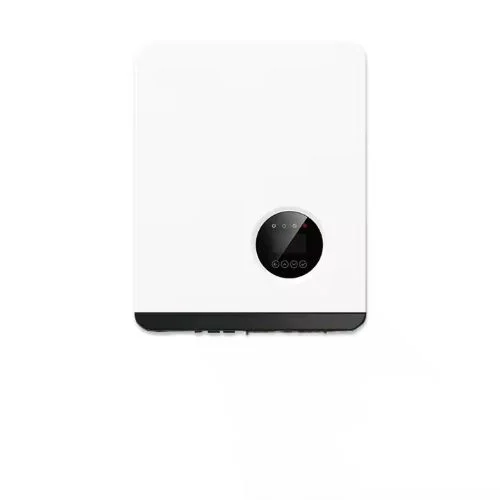
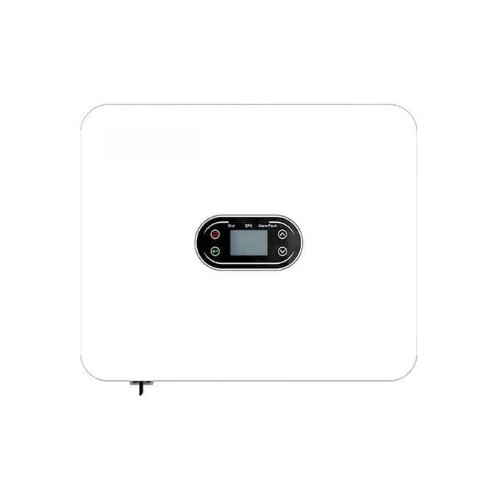
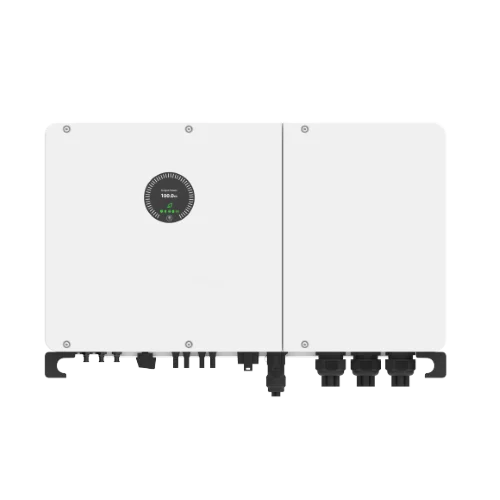
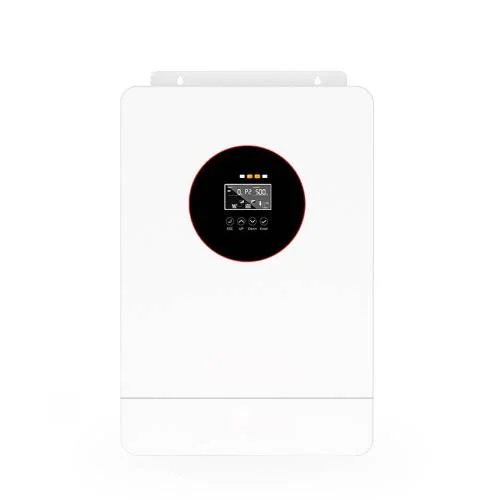
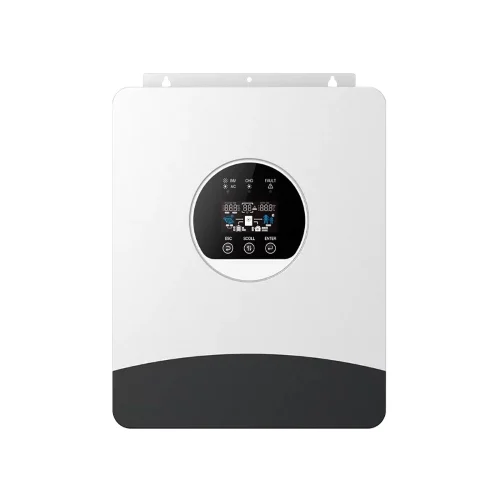
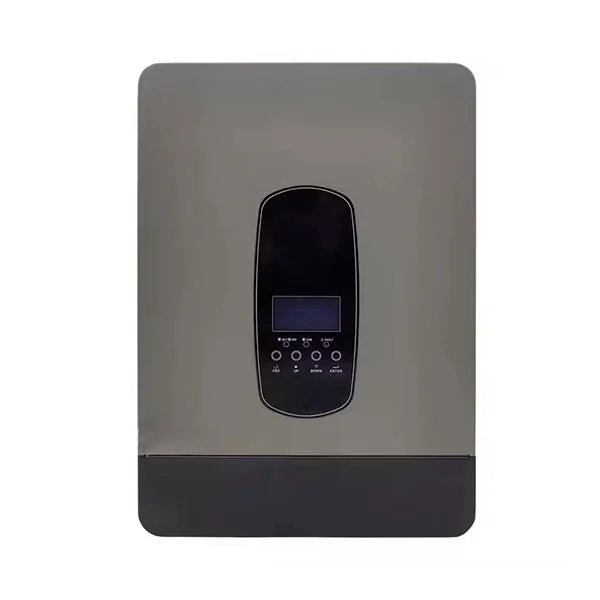
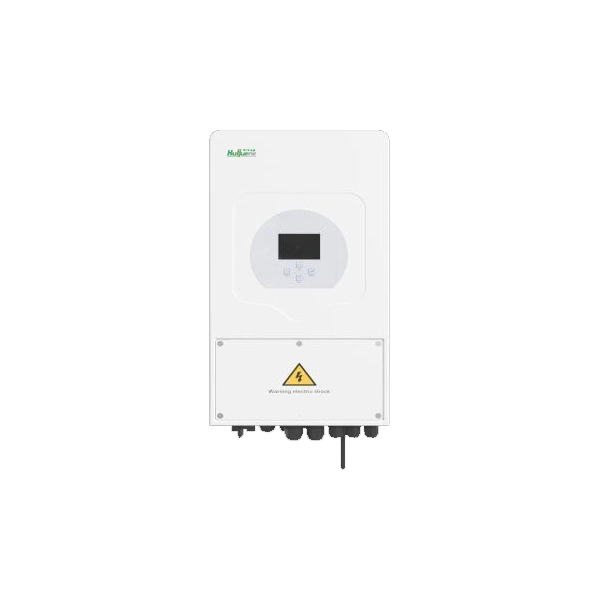
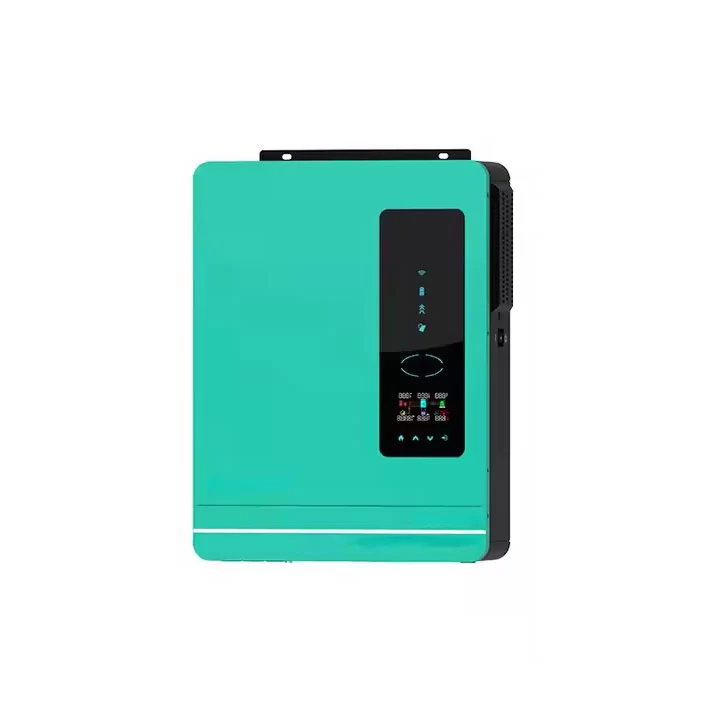
One of the key functionalities of the off-grid solar inverter is battery management. It makes the batteries work in such a way that they collect energy from the sunlight during periods of no sunshine, as in the case of the night or cloudy days, into an advanced battery management system that provides improved control of charge and discharge cycles, resulting in improved battery life and higher energy efficiency.
The load on off-grid solar inverters is managed such that the owner enjoys the best efficiency in using energy. Energy from several appliances of importance will thus be managed if availability of energy is poor at the time.
Almost all of the off-grid inverters come with a backup system that automatically switches to backup whenever the batteries run down. This is a good measure in any critical event with regard to power supply continuity and helps keep your essential devices operational.
These off-grid inverters have become a very reliable and maintainable source of power in remote areas where there is no grid or very poor grid availability. Systems like these can power anything from homes and small businesses to remote repeater or communication stations.
Example: An off-grid solar system installed electricity for lighting, refrigeration, and communication equipment in a mountain cabin.
Off-grid solar inverters are often used to provide backup power in the event of a grid failure. They store excess energy coming from the sun in batteries and provide backup power in case of a grid failure to keep homes or businesses up and running during an outage.
Example: A hospital uses an off-grid solar inverter to ensure an uninterrupted power supply for critical equipment during power outages.
Off-grid solar systems also find their perfect fit in mobile applications like RVs, boats, and outdoor camping. This will provide power for lights, appliances, and electronics on the go without the need for connections to an external grid.
Example: A family uses an off-grid solar system in their RV to power air conditioning, lighting, and other devices while traveling through remote areas.
We offer a large collection of Off-Grid Solar Inverters to meet our client's needs:
Economy Series
Affordable and compact systems suitable for small homes and cabins. Function: Basic off-grid operation with efficient power management.
Premium Series
Well designed for larger off-grid systems ranging from houses and businesses to remote operations where high-end features of battery management, load prioritization, and expandable configurations are of necessity.
Commercial Series
Commercial Series Performance solutions for larger-scale off-grid projects, offering robust energy storage and management for industries and commercial applications.
|
Feature |
Off-Grid Solar Inverter |
Grid-Tie Solar Inverter |
|
Grid Connectivity |
No (Independent of the Grid) |
Yes (Connected to the Grid) |
|
Energy Storage |
Yes (Requires Batteries) |
No (Relies on Grid Energy) |
|
Backup Power |
Yes |
No (Grid Provides Backup) |
|
Cost |
Higher Initial Setup (due to batteries) |
Lower Initial Setup (no battery storage) |
|
Efficiency |
Moderate (Storage Dependent) |
High (Grid Power Integration) |
|
Maintenance |
High (Requires Regular Battery Maintenance) |
Low (No Battery Maintenance) |
Designing an off-grid solar system involves several steps:
Very little access to the grid has been a way of life for African rural villagers for years. Today, off-grid solar systems equipped with off-grid solar inverters provide schools, clinics, and homes with reliable electricity for the first time, enabling good education, quality health service, and improvement in conditions of life.
This system of off-grid solar inverters caters for the patients and the critical medical equipment during disruption ensuring health and safety. Interruption of electricity has been a normal thing in a region off the grid, hence installation of a system by a hospital.
A traveling couple across North America installed an off-grid solar system on their RV and were able to power appliances and electronics thanks to Off-Grid Solar Inverters as they traveled without any grid connection.
Choosing solar and wind energy storage systems is not just about saving money on your electricity bill
it's about having a clean, blue planet for future generations.
 en
en